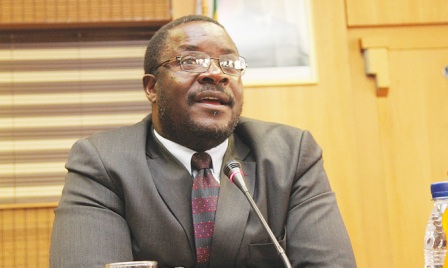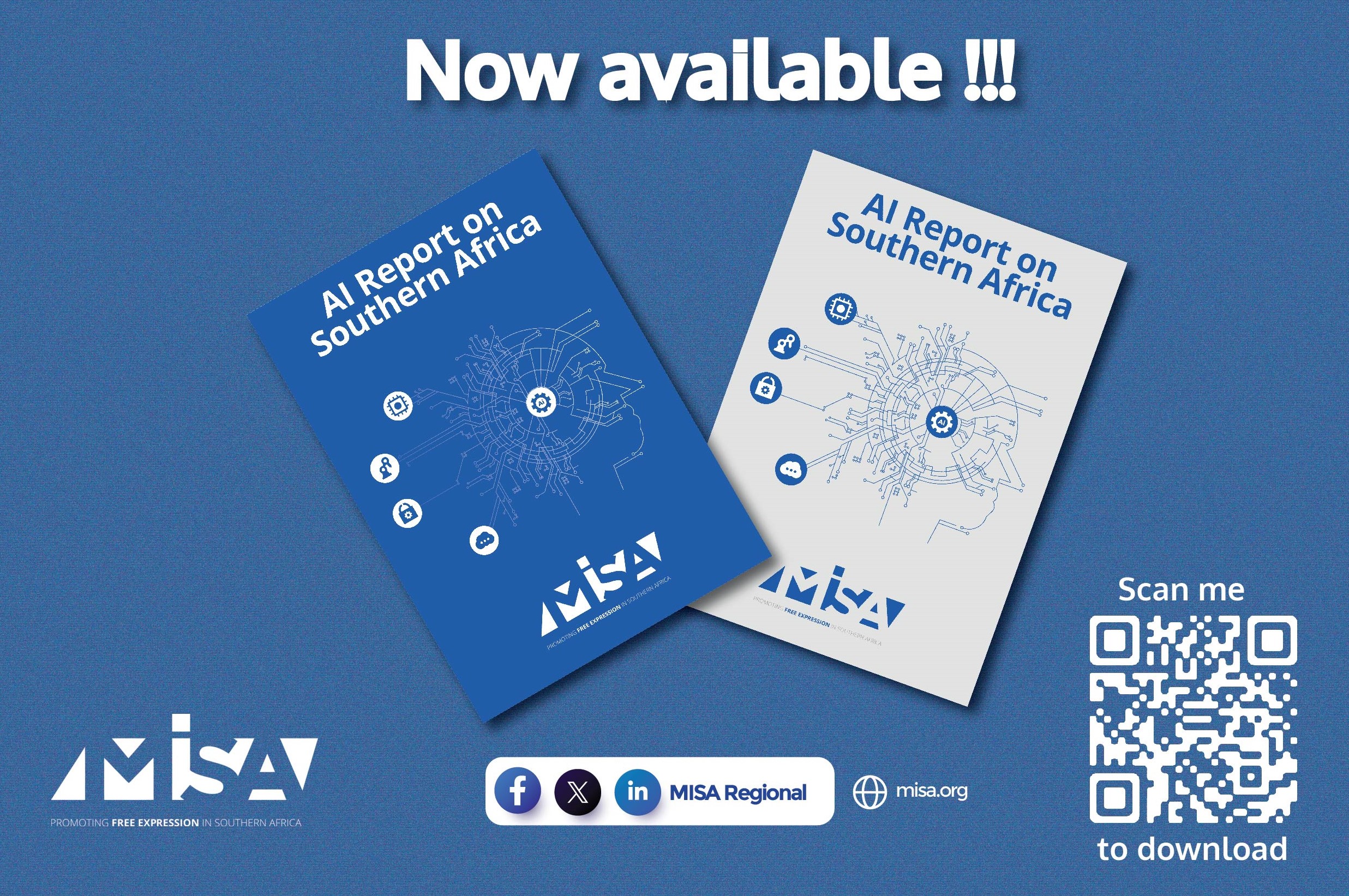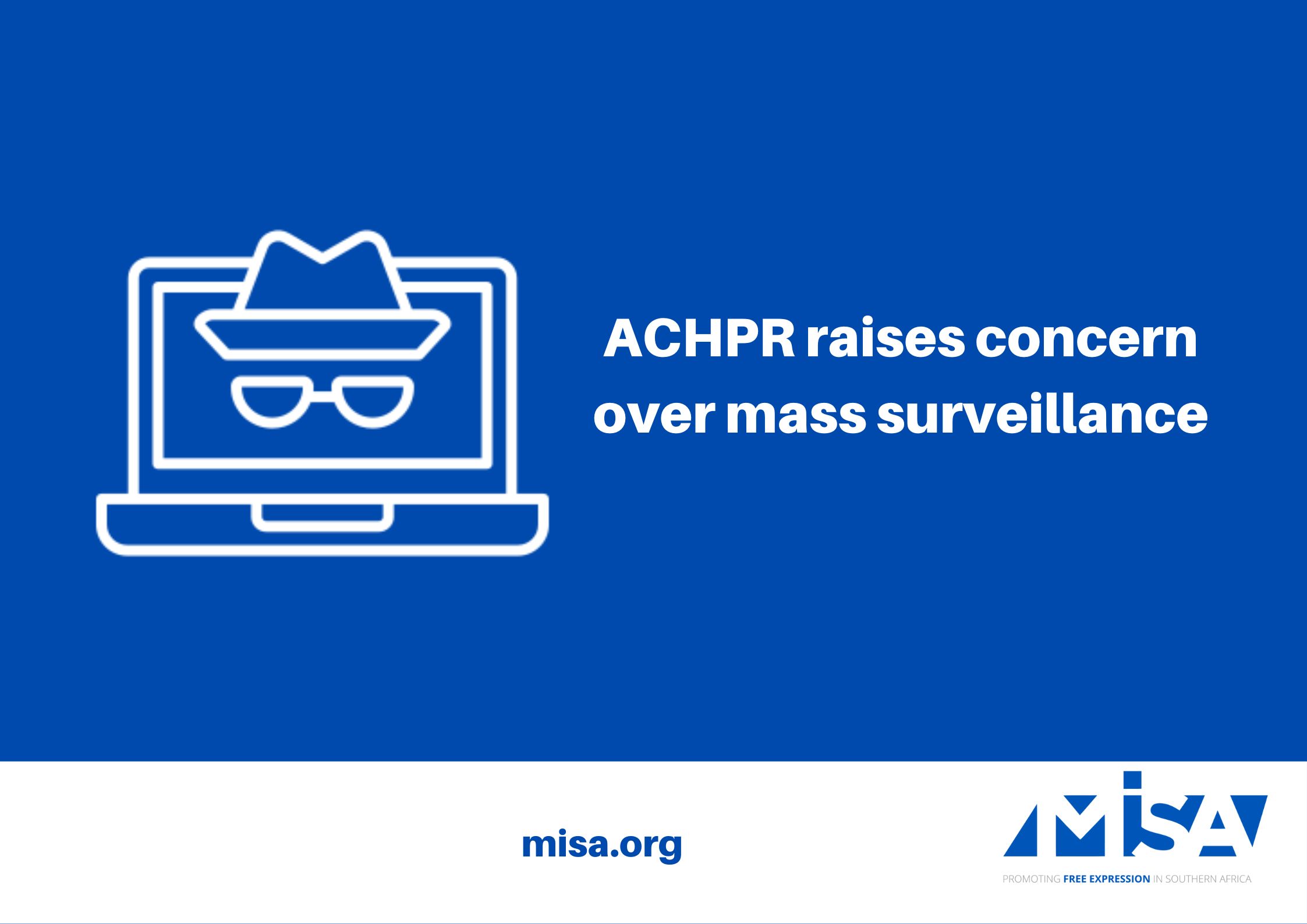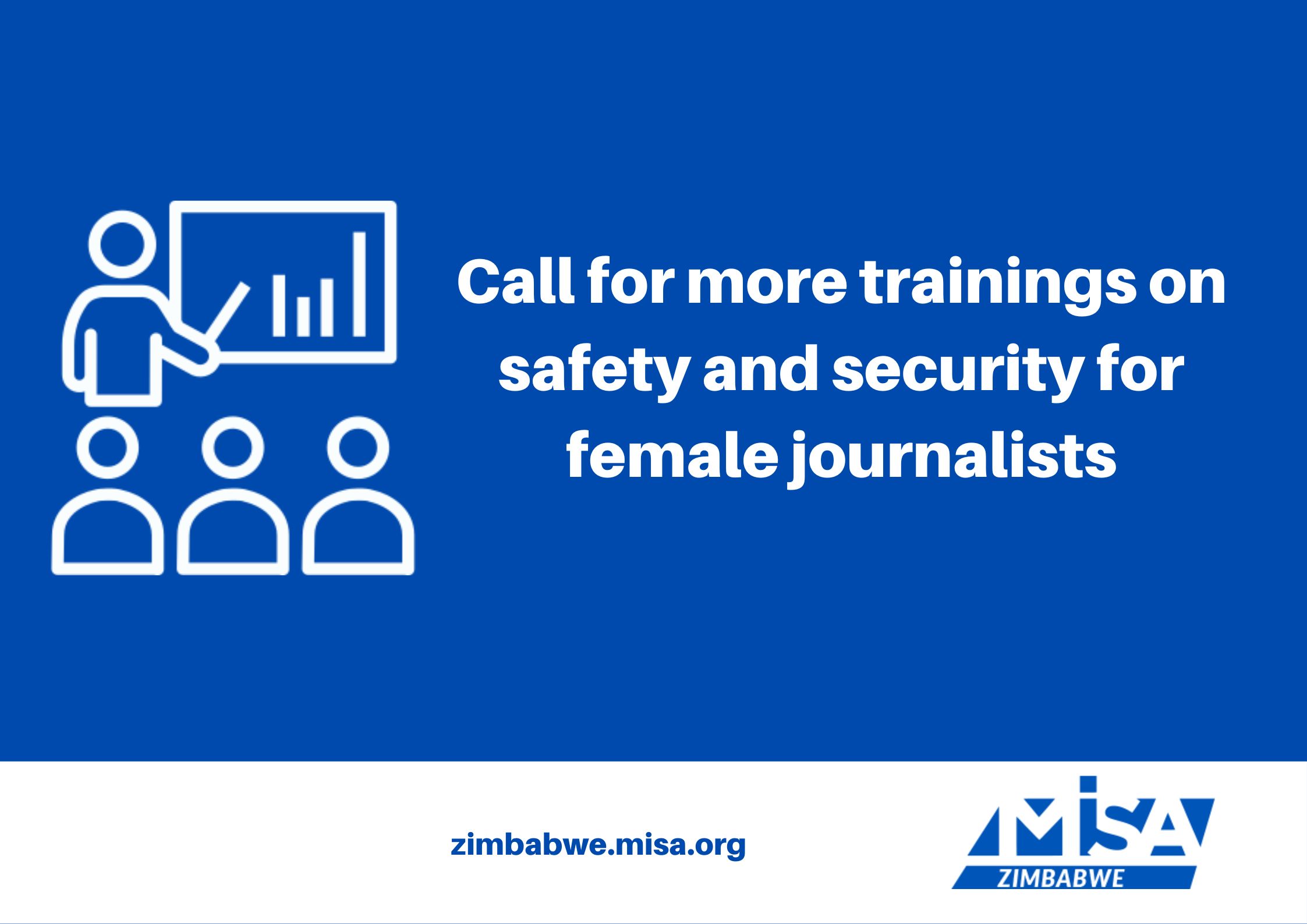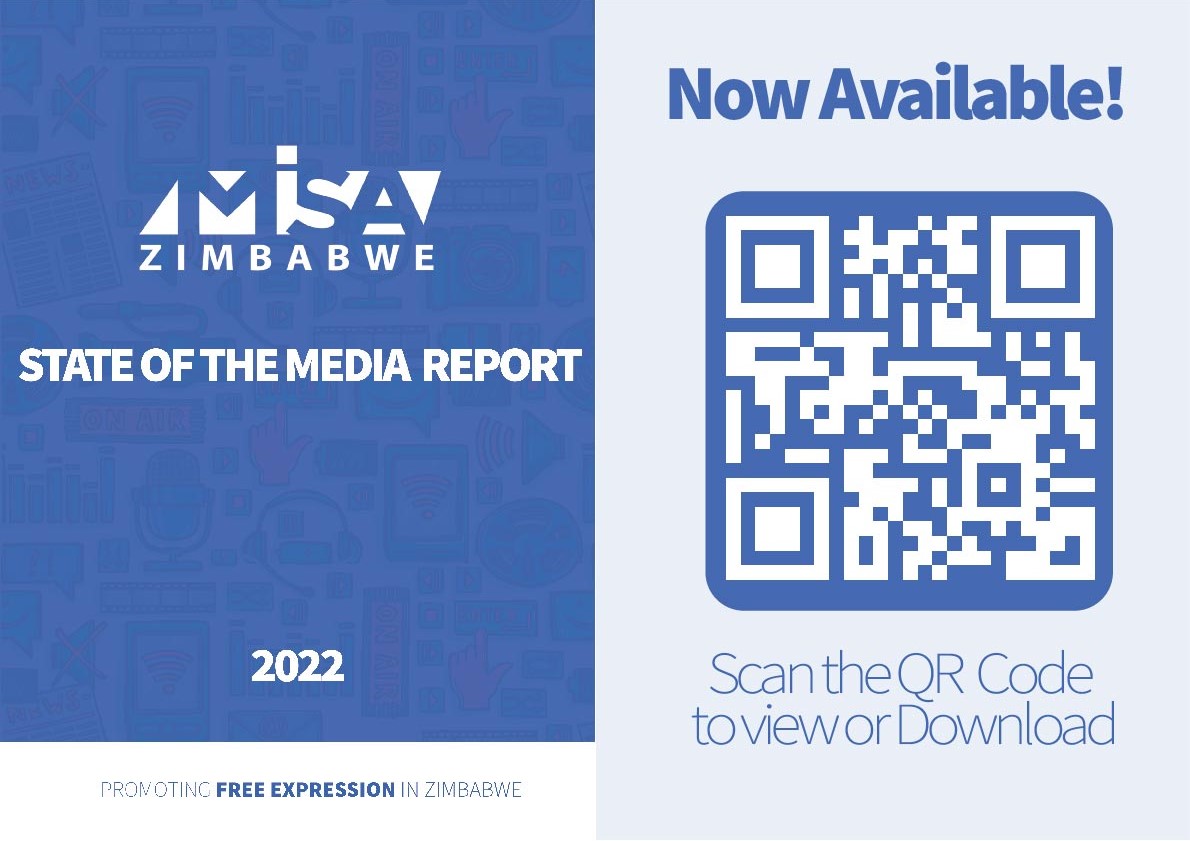The Zimbabwean government has conceded that the Access to Information and Protection of Privacy Act (AIPPA) and Broadcasting Services Act (BSA) should be replaced as they are not in sync with the new constitutional dispensation.
Appearing before the Parliamentary Portfolio Committee on Media, Information and Broadcasting Services in Harare on 18 February 2016, the Permanent Secretary for Information, Media and Broadcasting Services, George Charamba, said AIPPA and BSA fall far short of meeting new emerging issues.
Charamba outlined the compelling six key emerging issues as:
- need to comply with the new Constitution
- developments in the broadcasting sector and print sectors
- the macro-technological changes
- changing societal tastes
- the need for conformity to the strategic goals of the nation and convergence of technological and global factors on information.
“…we have a new Constitution which we embraced in 2013. It’s the new rules book to which everything else must cohere to,” he said.
“Developments in the broadcasting sector have made the laws inadequate or inappropriate or simply odd, that’s compelling reason enough to make a second look at those pieces of legislation.
“Those six factors make a compelling case for the review of those two pieces of legislation.”
Proposing for the crafting of a Films Act, Charamba said: “The Broadcasting Services Act is an embarrassing legislative skirt which falls far short in addressing the challenges we face.”
He, however, noted that the last time he appeared before the Committee, he had created an impression that digital migration was an engineering process, which was by then nearing completion. That was not the case though as he went on to outline a plethora of hurdles hampering the successful completion of the process.
Pressed to measure progress in that regard , he said the digital migration process is at 34% adding that generation of content was posing as one of the major challenges for the envisaged digitised television channels.
End




